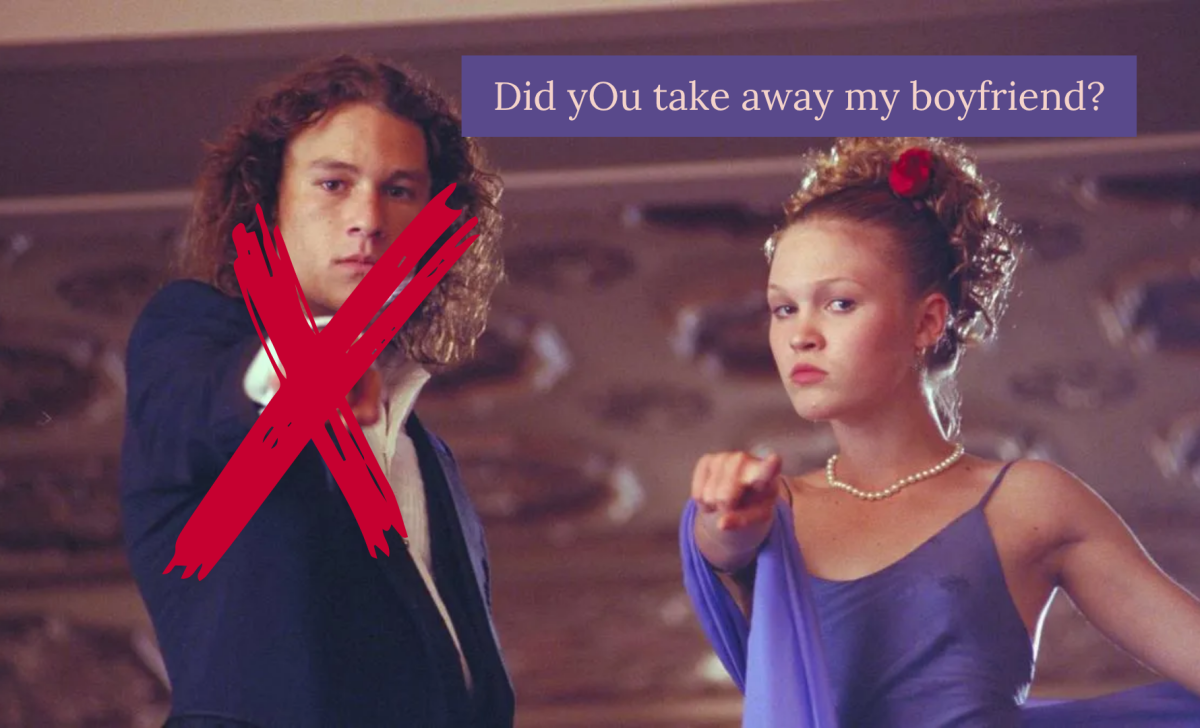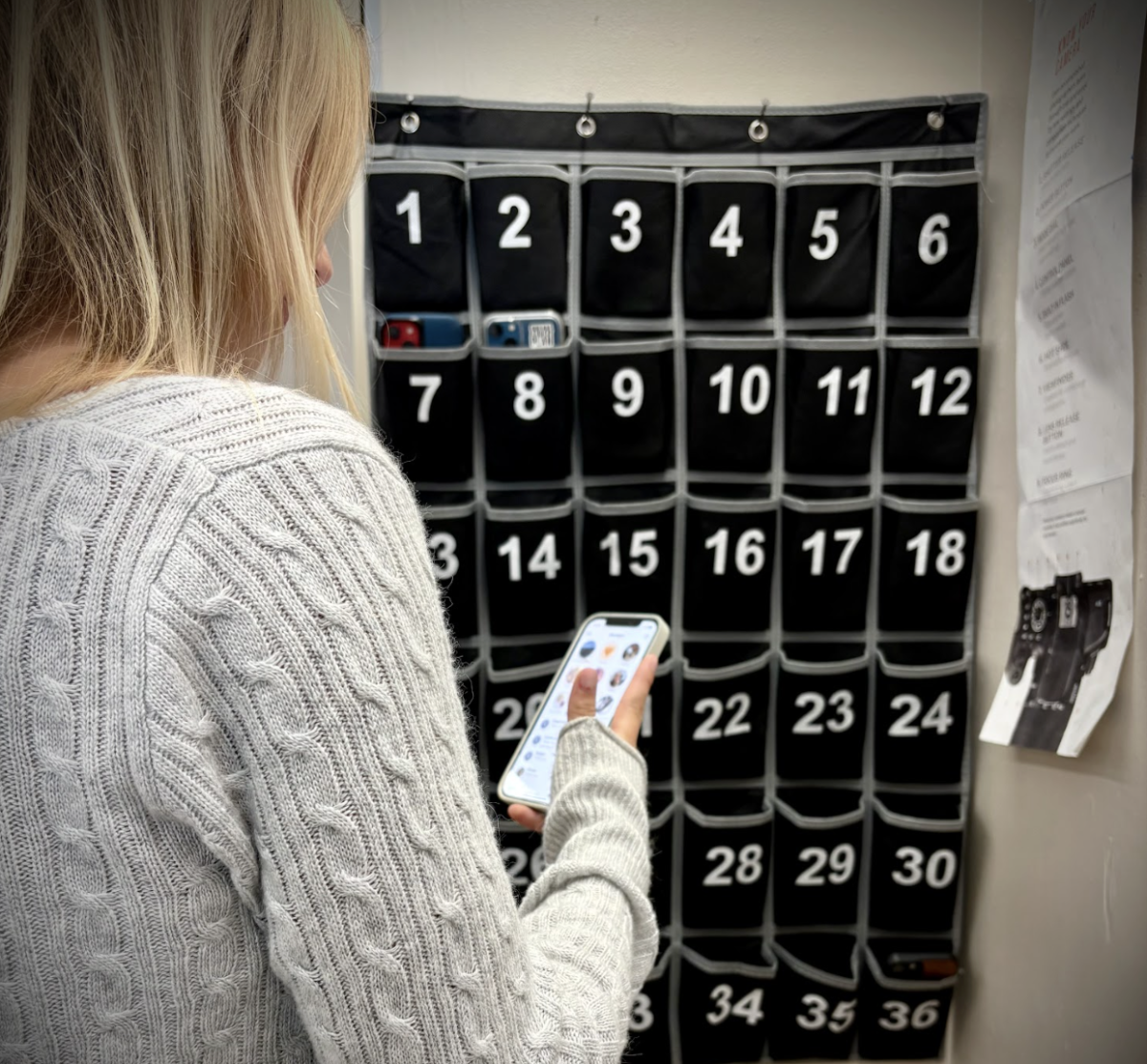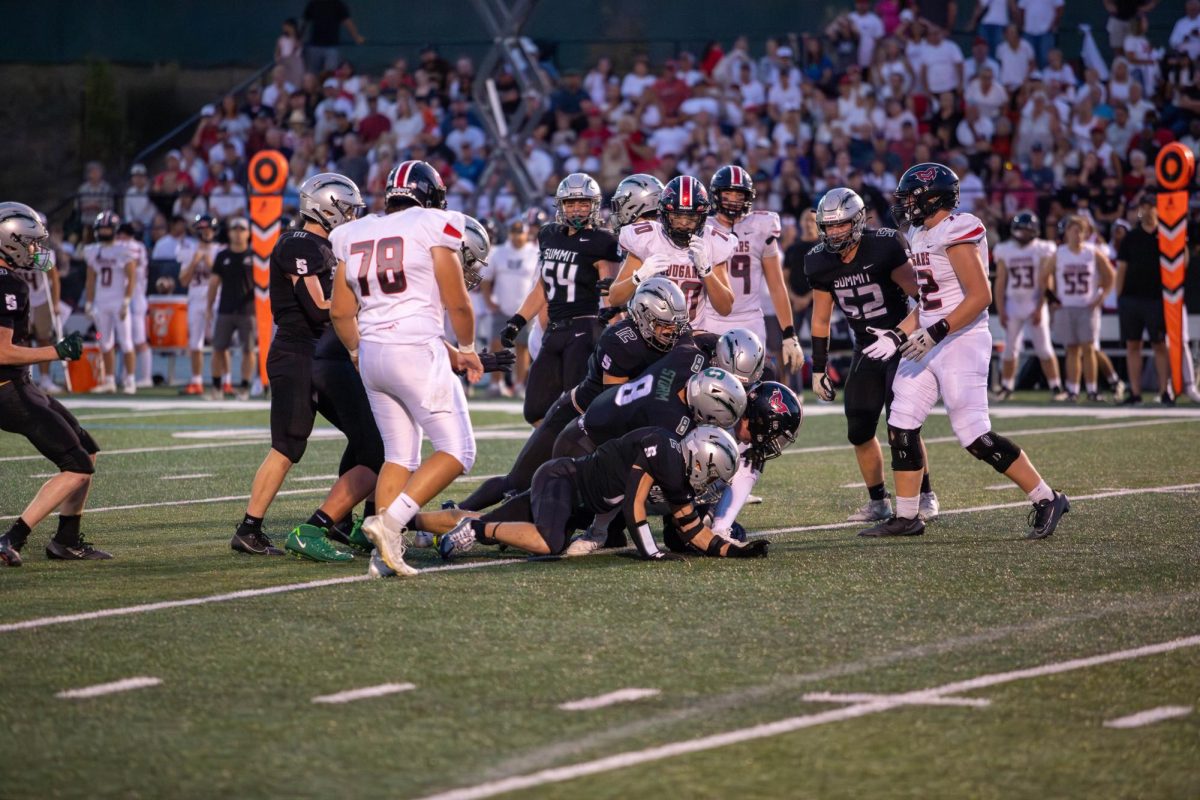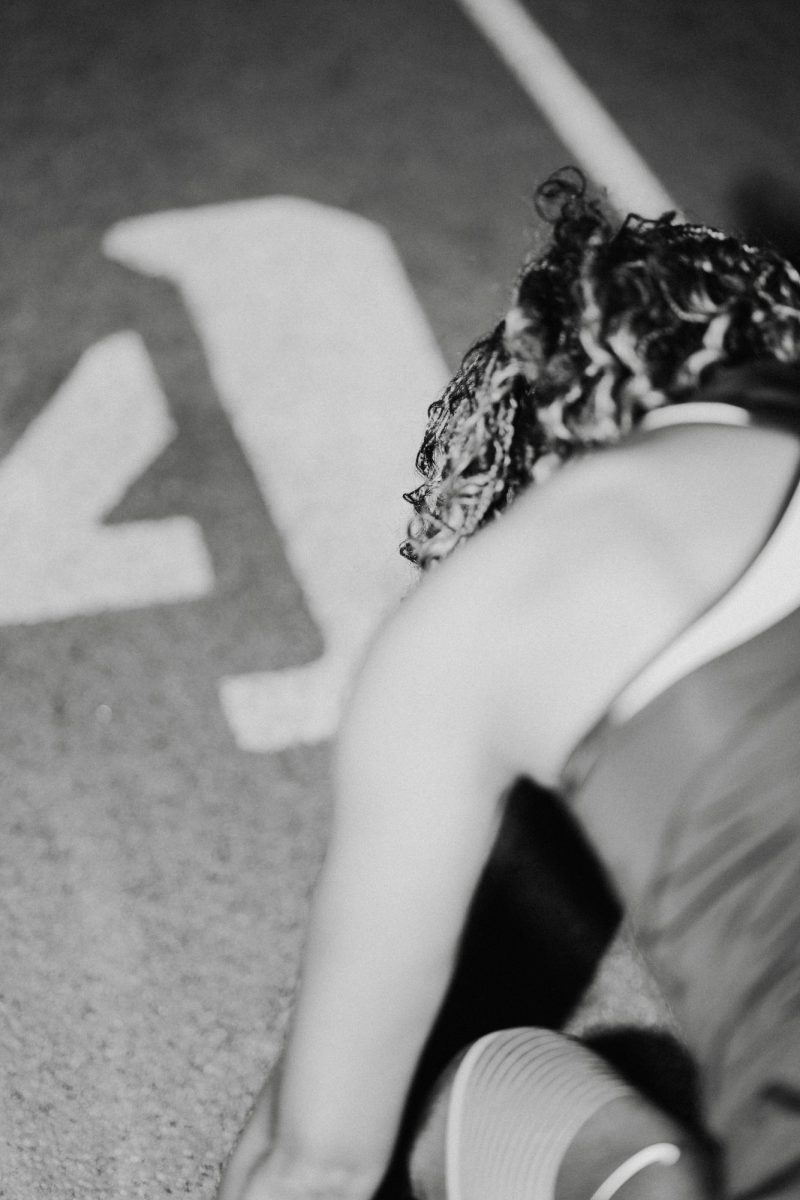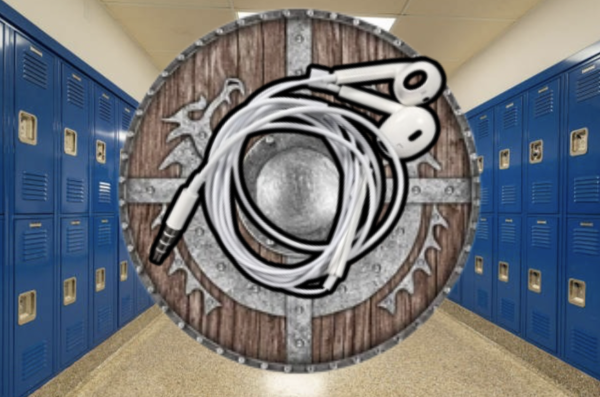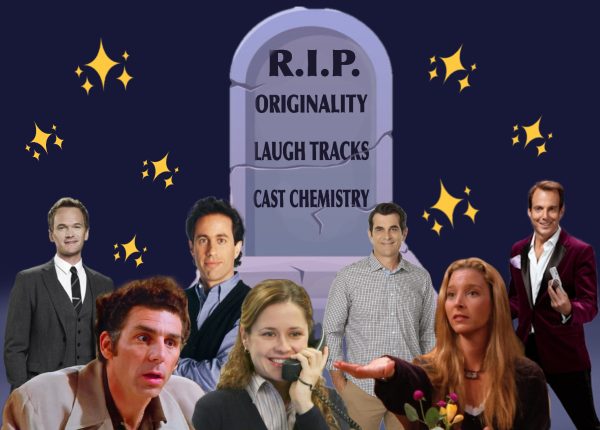To Commit or Not To Commit
Involvement in a variety of sports proves more beneficial than committing to a single sport
Going into high school can be nerve-racking, exhilarating and bring an era of change. A person’s interests, hobbies and view of the world are altered throughout high school. Challenges many young people have to face, along with choosing a potential college, include narrowing down sports or extracurriculars. Sports in high school can be a fun and critical way for students to build character while relieving stress and learning valuable lessons. Students learn teamwork and leadership while also taking time to exercise. Such activities get teens involved with communities and new crowds of people.
Students at Summit High School, a school with a highly athletic reputation, consistently make decisions necessary for the future of their athletic career. Certain students stay involved in a multitude of sports, while others commit to one often with set goals—like playing in college, the ultimate goal. Each individual follows a unique path with twists, turns and a great deal of forks in the road.
Commitment—a challenge many people have to face at various times in life—can teach healthy habits, but involvement in a multitude of activities is much more fulfilling as teenagers grow.
Such dedication can be rewarding for the right people. If an athlete is dedicated to one sport, playing for a club team year round can promote development in technique. Commitment to a team sport allows deeper relationships with coaches and teammates which can improve performance, but more significantly improve an athlete’s social outlook on practice. Coaches can also have a more personal relationship, or one-on-one attention with athletes, resulting in performance and attitude improvement.
Generally, commitment strengthens character, although no one can truly grow without change. Getting to experience different skill sets and environments promotes brain growth and a more creative mindset. Constant specialization often feels binding and degrading, which outweighs the reward.
“[Kids] are getting a lot of pressure from coaches, I have kids who have to leave [track practice] and go to club soccer practice,” said Summit Track and Field Coach David Turnbull, “Now club has become a business and these coaches know it, and they use that pressure: ‘If your kid wants a scholarship he’s got to do club’. That was not always the case.”
Time consuming and profit driven, club sports take away from potential talent and inflict stress onto already academic-pressured students. Advanced sports then tend to come in the form of increased intensity rather than technique and enjoyment.
Specialization can be harmful for an athlete prone to frequent injuries. Athletes who play multiple sports have a reduced risk of overuse injuries, participate in cross-training and develop skills that are more difficult to establish with one activity. Such kind of participation prevents burnout as well—an ambition killer many high level athletes face. Dedication ends up degrading athletes and outweighs the positives.
“When you look at the statistics on somebody who plays sports as a kid who actually goes professional, it is ridiculously low, insanely low. 1.2% percent of kids who play sports are getting scholarships,” said triathlete specialist and advocate Jay Dicharry.
High school sports are less about having a good time and more about achieving top performance and scoring high on stats. Profit has become prioritized over athletes.
“The problem I think we’ve got with so much sport specialization in kids is because there are a lot of organizations, most commonly year-round sports. The reality is these are businesses. So they’ve got to pay employees, pay expenses and maintain equipment. The reality is they need income to come in all year,” said Dicharry, “And that model is successful if you’re looking to optimize where your kid is right now. But long term it doesn’t pay off.”
84% of people who continue into college and play professionally, played multiple sports in high school. Mixing up activities and variation proves more beneficial, dedication proves restricting.
“[Earlier in high school] I was very devoted to [playing] strictly softball,” said Summit senior and varsity softball player, Mack Gerlach. “I couldn’t really do anything else in terms of extracurriculars besides the sport that [I was] currently playing.”
The majority of student athletes find themselves in the same situation in order to experience dedication and the rewards, literal and personal, that come with it. Though occasionally someone will grow to admire a different hobby because of an experience or change of heart. Not continuing a sport because of self discovery can come with different emotions.
Gerlach is one student who has decided to venture out of her regular routine of softball and join theater as well. “I’d say it’s more liberating than anything because I have been playing softball for almost the entirety of my life. And so getting to work in theatre and find that kind of passion to continue, I’m excited for my journey ahead but it is a little sad to stop it,” said Gerlach.
“I’m so tired of my club sport, I dread practice and it’s constant training,” said a Summit High School sophomore who prefered to stay anonymous. She was not the only one feeling this way.
Detestation towards club teams often finds itself the topic for small talk between athletes after practice. Still in their youth, athletes constantly complain about their “injuries.” Whether they’re truly injured, bluffing or exaggerating a minor injury, that athlete’s complaint resonated from constant specialization training. The majority of students are more content with seasonal high school sports. Variation relieves student athletes with longer and more frequent breaks to focus on school.
“We want every kid to be a three sport athlete because the better the athlete the better the track performance,” said Turnbull.
Healthier, stronger and more creative people develop these traits through diverse participation.
“Wouldn’t it be really cool if you could give your kid awesome bones? If you could give your kids the gift of a positive outlook on teamwork? Wouldn’t it be really cool if you could give your kids the understanding of how hard work pays off? If you could create a positive environment around building a better you and solving problems. You can do that all through several sports and you don’t have to always think about going pro,” said Dicharry.
New permanent neural pathways are developed in the brain, a result of breaking and creating habits and behavior. Discovering and progression of assorted activities not only benefits working out kinetic muscles but the muscle that the brain constantly works as well.
Specialization has traditionally improved performance for a specific technique or skill associated with a single sport. Even more, such obligations put teens in a corner with a single door of opportunity. Athletes shouldn’t cement themselves with commitment. Aspiring adults should embrace their inner kid and continue to explore the world around them. People change and so should opportunities.

Zinger! Walsh is the Pinnacle's most tantalizing of the Big 4. She designs the issues with her blood, sweat and tears; that's why they look so good. Eventually, her ghost will haunt the newsroom. This...


